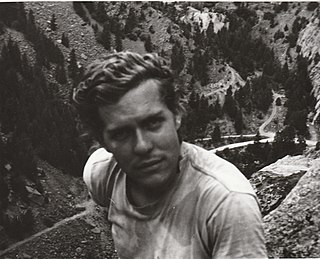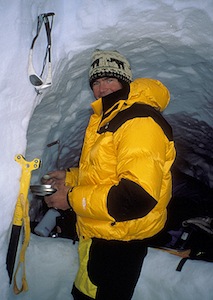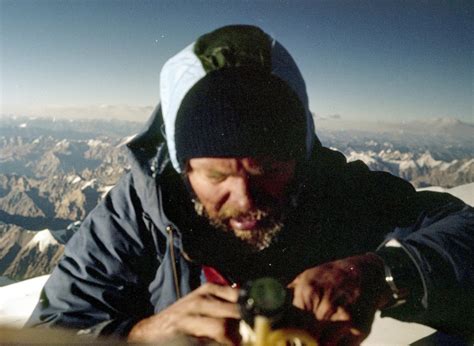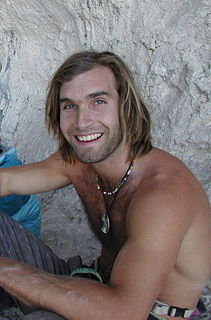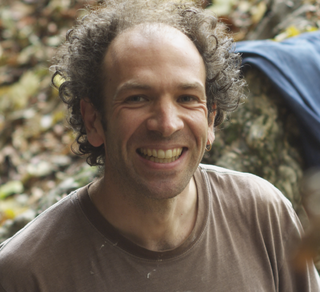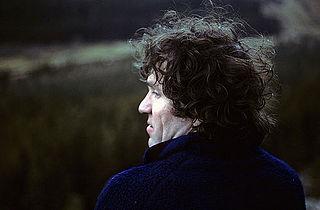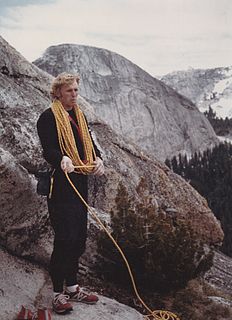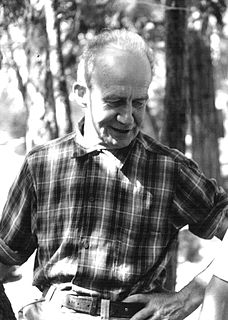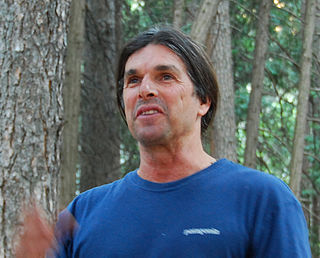A Quote by Pat Ament
Newspapers ascribe the word "climber" to any person who falls in the mountains or off a rock. To refer to anyone who falls in the mountains as... a climber... is as factual as to say that anyone who sits down at a piano is a pianist.
Related Quotes
Before practicing meditation, we see that mountains are mountains. When we start to practice, we see that mountains are no longer mountains. After practicing a while, we see that mountains are again mountains. Now the mountains are very free. Our mind is still with the mountains, but it is no longer bound to anything.
The experienced mountain climber is not intimidated by a mountain - he is inspired by it. The persistent winner is not discouraged by a problem--he is challenged by it. Mountains are created to be conquered; adversities are designed to be defeated; problems are sent to be solved. It is better to master one mountain than a thousand foothills.
The famous Zen parable about the master for whom, before his studies, mountains were only mountains, but during his studies mountains were no longer mountains, and afterward mountains were again mountains could be interpreted as an alleory about [the perpetual paradox that when one is closest to a destination one is also the farthest).
